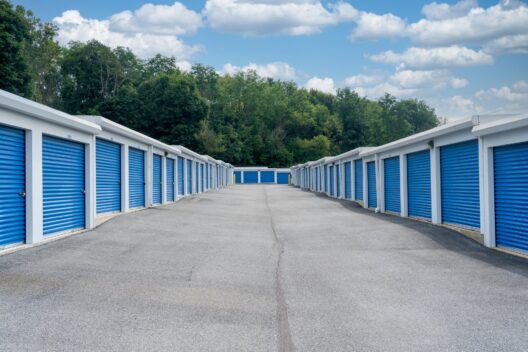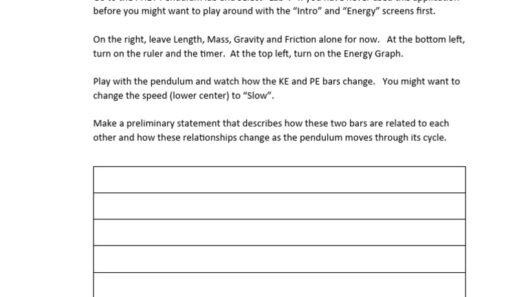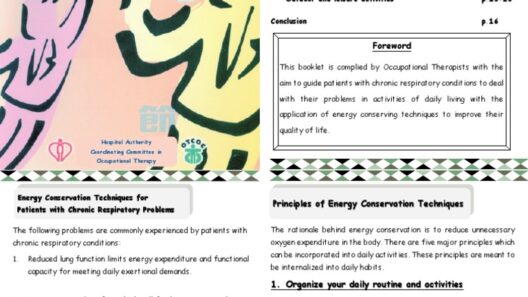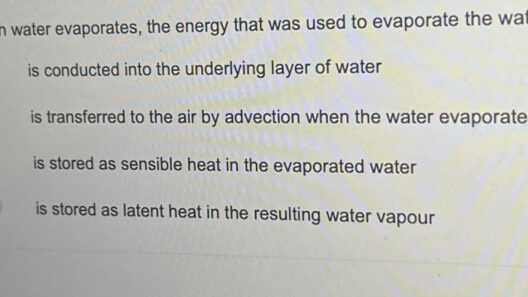In our perpetually connected world, mental energy conservation has become an imperative skill. The incessant barrage of information and the demands of modern life can easily induce cognitive overload, leading to diminished focus and eventual burnout. But what if there was a way to rejuvenate your mental faculties while enhancing your productivity? Imagine entering a realm where you feel invigorated, centered, and laser-focused. This juxtaposition of potential and challenge is where the art of conserving mental energy comes into play.
The first step to conserving mental energy is understanding what mental energy actually is. It encompasses attention, motivation, and cognitive resources we utilize to engage with our tasks and environment. This energy, much like physical endurance, is finite. Thus, mastering the art of its conservation is vital for maintaining clarity, creativity, and overall well-being.
One of the paramount strategies for conserving mental energy involves the meticulous curation of your environment. Imagine a cluttered desk crowded with papers, gadgets, and random knickknacks. This visual cacophony can be a significant drain on your cognitive resources. Creating a serene workspace, free from distractions encourages productivity and focus. Decluttering not only aids in physical organization but also fosters an atmosphere conducive to mental clarity. The simple act of tidying up your workspace can pave the way for heightened efficiency and reduced cognitive strain.
Equally important is the need to prioritize tasks. When inundated with responsibilities, the inclination is often to tackle the most pressing issues first. However, this could be counterproductive. Employ the Eisenhower Matrix, a tool designed to distinguish between what is urgent and what is important. By categorizing tasks into four quadrants, you can effectively allocate your mental energy to activities that yield the highest returns on investment. This strategic approach minimizes distractions and empowers you to focus on what truly matters.
Now, consider the role technology plays in our lives. While it offers remarkable conveniences, the pervasive presence of screens and notifications can wreak havoc on our mental states. Challenge yourself to set boundaries around technology usage. Perhaps designate technology-free zones in your living environment or implement specific times during the day dedicated to unplugging. This digital detox not only conserves mental energy but also allows for much-needed introspection, fostering creativity and innovative thinking.
Equally, engaging in regular mental breaks is a formidable tactic in conserving your mental reservoir. Engaging in periods of focused work followed by intermissions not only rejuvenates your cognitive resources but also enhances retention and understanding of information. The Pomodoro Technique, for example, advocates for concentrated bursts of activity—typically 25 minutes—followed by a five-minute respite. This cyclical method maintains mental agility and staves off burnout.
The significance of maintaining a balanced lifestyle cannot be overstated. Physical health and mental well-being are intricately connected. Regular exercise, proper nutrition, and adequate sleep serve as the bedrock of cognitive function. Engaging in moderate exercise releases endorphins, enhances mood, and boosts overall motivation. Concurrently, nourishing your body with a well-rounded diet rich in vitamins and minerals empowers your brain and nurtures cognitive health. Sleep, often overlooked, is indispensable in consolidating memory and repairing cognitive functions. Aim for 7-9 hours of quality sleep per night to ensure your brain operates at peak performance.
Mindfulness practices have also gained traction as a method for conserving mental energy. Techniques such as meditation, yoga, or deep-breathing exercises serve to anchor your thoughts and facilitate a heightened state of awareness. Engaging in mindfulness helps clear mental clutter and establishes a sense of calm. Literature suggests that even a few minutes of meditation can result in increased levels of focus and reduced feelings of stress. Are you up for this challenge? Take a few minutes each day to engage in mindfulness and witness the transformative impact on your mental energy.
Additionally, the company you keep plays a crucial role in your mental energy conservation. Surrounding yourself with individuals who inspire, uplift, and motivate can invigorate your spirit. Conversely, toxic relationships can be a significant drain on your mental resources. Examine your social circles and endeavor to foster connections that foster positivity, collaboration, and support. Consider people that energize you rather than deplete you. The right relationships are essential to maintaining mental resilience.
Lastly, do not underestimate the power of creativity as a method for conserving mental energy. Engaging in art, music, writing, or any form of creative endeavors can provide a cathartic release and serve as a refreshing diversion from the rigors of daily life. Embracing these activities fosters a flow state where mental energy can be expanded and rejuvenated simultaneously.
In summation, the art of conserving mental energy is an amalgamation of proactive strategies, self-awareness, and lifestyle modifications. By transforming your environment, prioritizing tasks, setting technological boundaries, engaging in breaks, maintaining a healthy lifestyle, practicing mindfulness, nurturing uplifting relationships, and exploring creativity, you can optimize your mental faculties. The benefits are not just academic; they influence how you experience your daily life, enhancing both productivity and fulfillment. As you embark on this journey, may you find renewed focus and a profound sense of balance. Will you rise to the challenge of conserving your mental energy?








